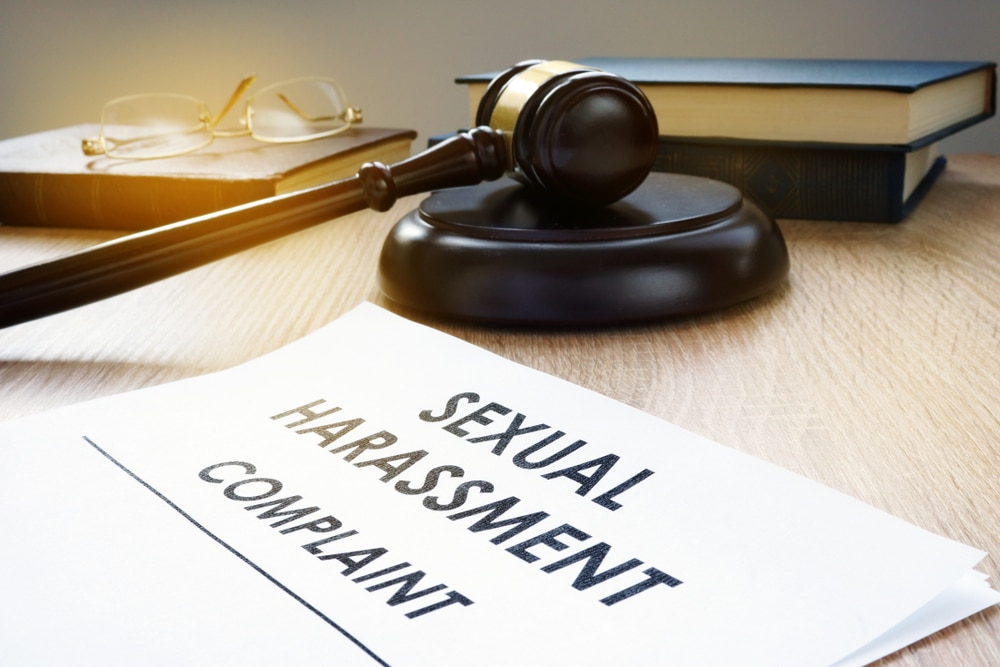
Conservative MP, Victoria Atkins, Minister for Women stated that in spite of strict laws, women are still a victim of sexual harassment. Though it is illegal, there is still a long way to go when it comes to having a harassment free organisation. She also stated that actions are being taken to ensure employers are aware of what they need to do to protect their staff and that people also understand their rights at work and the actions they can take in case they feel intimidated or humiliated.
The statistics
In a recent research conducted by ComRes for the BBC in 2017, around 40% women had been a victim of unwanted sexual behaviour at work or at some point. Around 18% men had similar experiences.
Measures being taken by government
Besides creating more awareness and bringing up new code of practices, the government has also decided to collect data on prevalence of sexual harassment every three year and consider strengthening laws that affect harassment which involves a third party.
The MP and chair of WEC, Maria Miller brought out the issue that government has missed the chance to place a greater responsibility on employers to protect their employees from sexual harassment. On behalf of WEC, she said that actions taken to raise awareness regarding rights and duties are always welcome but it is also important to take these issues seriously. Employers need to be made aware of severe penalties they will be liable to pay if they don’t take enough action to protect their employees from sexual harassment or victimisation of any kind.
It has been recognised that not enough has been done and it is important to make employers responsible for the prevention of sexual harassment in the workplace.
A survey conducted by WEC found that employers have been failing to address the issue of harassment in the workplace and it is important for government to consider the issue of prime importance. A statutory code of practice makes the enforcement process work better and make employers handle cases of sexual harassment more effectively. It is also suggested that employers start taking their preventive responsibilities regarding sexual harassment at work place more seriously.
The government is also planning to raise an awareness regarding policies among employers and make them understand the importance of engaging with employees on the issue. There must also be more education around zero tolerance policy for unacceptable behaviours.
For employers who genuinely want to help but are unaware of steps they can take to prevent harassment cases at work, these are some positive recommendations as it will inform them of proactive actions that they can take.
Harassment and NDA
There is also a discussion due regarding non-disclosure agreements and there has already been research going on regarding more uses of NDA in case of harassment.
For those unaware, an NDA is used at the time of settling agreements when an employee is leaving the organisation to make sure that any commercially sensitive or confidential information is not shared by them outside. But there has been unlawful and illegal use of such NDA in cases of harassment and it is only becoming increasingly controversial.
Our Employment Law Solicitors can assist with all types of claims. Naturally, we pride ourselves on providing the best possible service to the highest standards, we can provide free employment law advice on all problems.
Call us on 020 3923 4777 or 020 3923 4777
Tom Street qualified as a solicitor in 2003 and has over 20 years experience in employment and litigation law. He studied law at the University of Manchester before undertaking the legal practice course at the College of Law in Guildford, going on to complete his legal training at a firm in Chancery Lane, London. Once fully qualified, he moved to a niche litigation practice in the City of London.
In 2010, Tom set up his own legal practice, Tom Street & Co Solicitors and as part of this, in accordance with his strongly held objective to provide everyone with an easy pathway to justice he established the online portals Do I Have A Case? and Tribunal Claim. These websites are trading names of Tom Street & Co Solicitors.